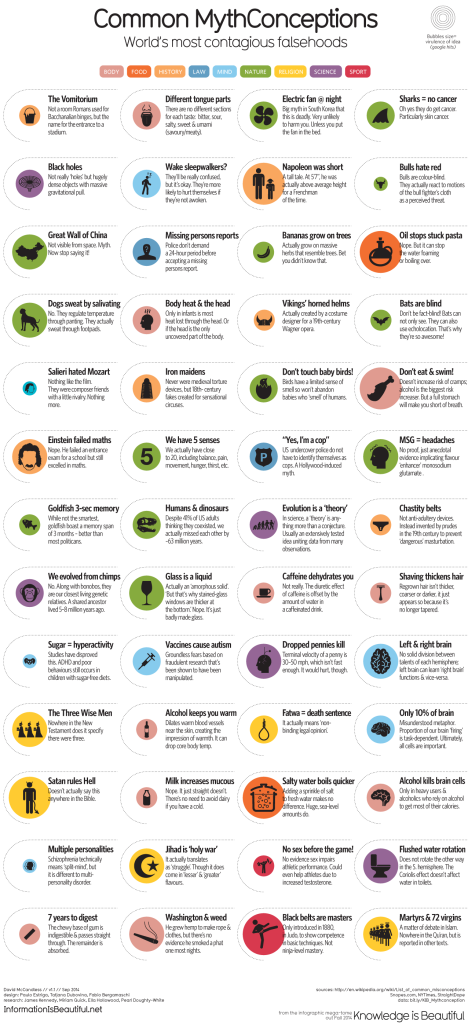Did you check snopes?
When I read articles, forwards or shares I know aren't true, sometimes I reply, sometimes I just delete them. I see the same emails getting forwarded around again, from those who were maybe a little newer to the internet. I often just want to ask them, "Did you check snopes?"
The longer you've been using the internet, the higher your odds you've seen the same bogus story popup on social media and in your emails. We needed a solution to verify the authenticity of these stories. Snopes.com was created to resolve this issue.
My solution is to write this post, so instead of writing a similar explanation out each time, I'll now have a simple link I can reply with, or post in response to. If you've received this URL from a family member or friend, this is not intended to be mean, but help you along.
Before you forward another email, or share another link on Facebook, first go to snopes.com., it has a search box, just like Google does. Picking the right keywords to search for, is the trick, just like it is on Google. Say for example there is an email stating that Bill Gates is giving out $5,000 to every person who forwards this URL on ... it doesn't really hurt anyone if I send it on just in case, right? Wrong. The internet bandwidth from this email alone costs us all, and slows us all down! So how could we look it up? I would search for bill gates on snopes. When I do that search right now (at least, as of writing this) -- it shows most popular Bill Gates' emails or stories being sent around the internet, so it's right at the top of the search list! It tells you which are fake, and if any are real.
As soon as you click on any snopes story, you'll see a large green, yellow, or red circle with the words True, or False. That's all you have to do to verify the story! If you want to learn more, they always explain it in detail underneath for you to read, which I usually do, as I find it interesting.
The more we all follow these steps, the sooner we can end the plague that is sending on false or fake stories around the internet. While most of them are harmless, I'm writing this as I just read a shared link on Facebook from a friend that suggests people avoid a dental procedure as "97% of people who've had this [dental procedure] done die of cancer". This is a terrible thing to pass around without verifying first, as it could have the affect that someone avoids this simple dental procedure now! It's important to note that even the smallest of inappropriate dental hygiene can have a serious long-term affect.
Sharing these stories also has a cry wolf affect. This is the second time this year that this friend has shared a link as an URGENT - MUST READ, and both times it was a fake (the other, was for a missing child with a photo of a license plate number, which was a fake! Perhaps a disgruntled ex sending this around with the hopes of finding their former spouse?). As a result, I'm going to trust anything this person now posts a lot less -- forever. Trust is very hard to get back, so do what you can to not lose it.
So it's more important than ever to ensure we don't pass on anything that could negatively affect someone's livelihood. So in summary, don't forward or share anything on the internet anymore, without checking with snopes, or verifying from the source yourself.
To get you started on understanding the truth on popular stories, here's a list of common misconceptions (mythconceptions) taken from the Knowledge is Beautiful book:
 Common Mythconceptions image credit
Common Mythconceptions image credit

Leave a comment